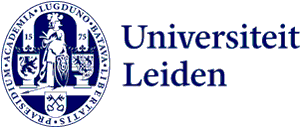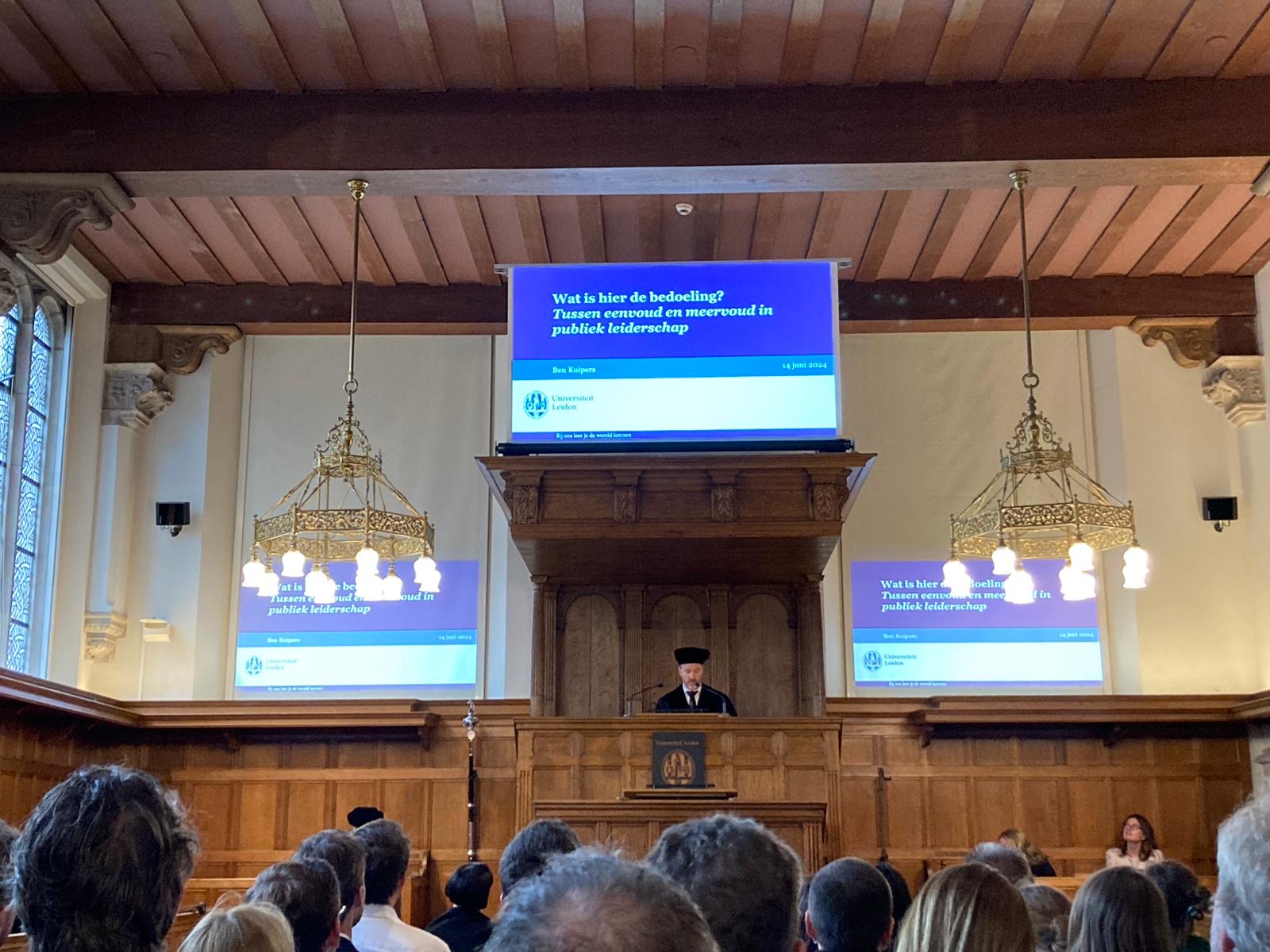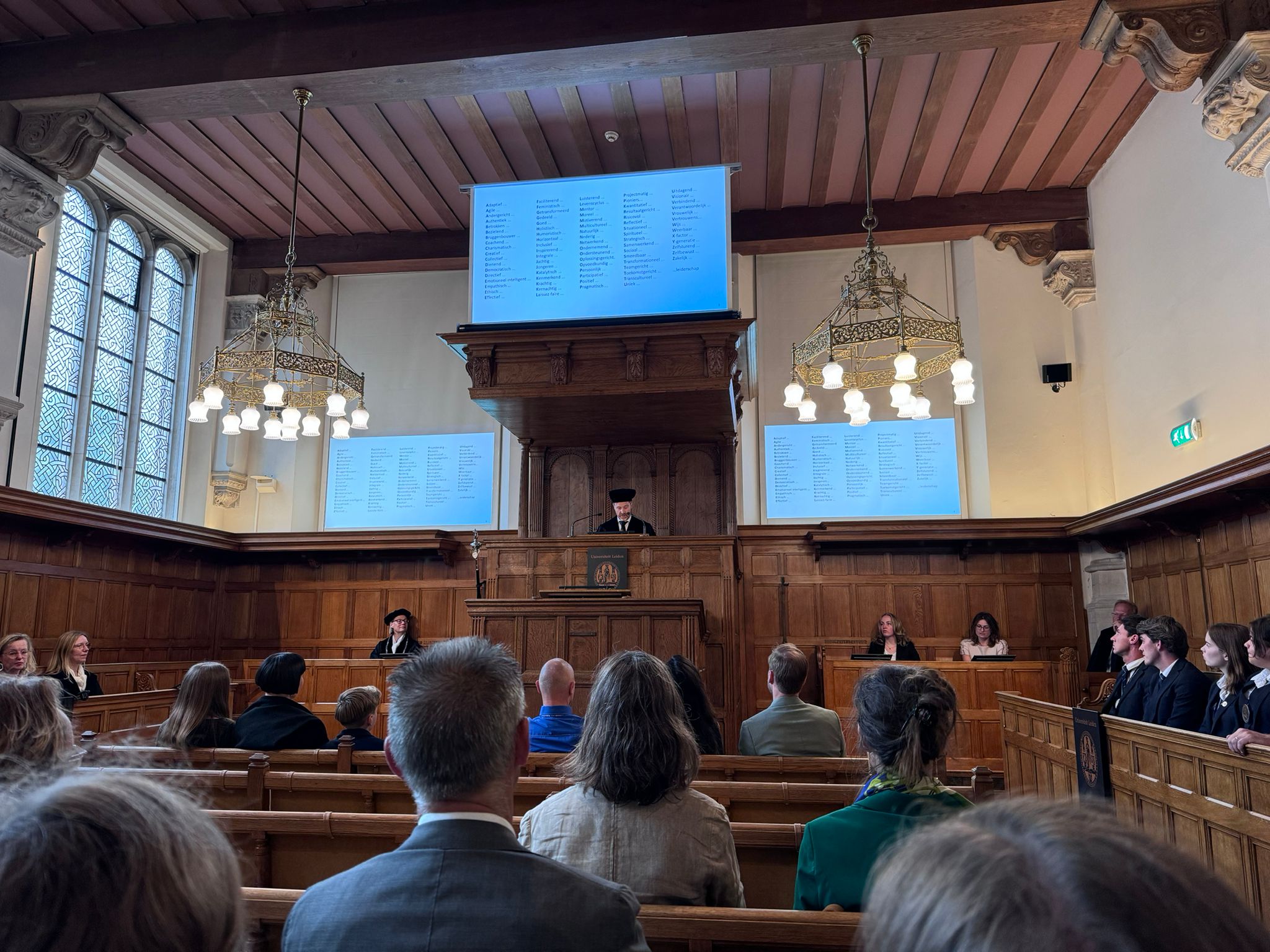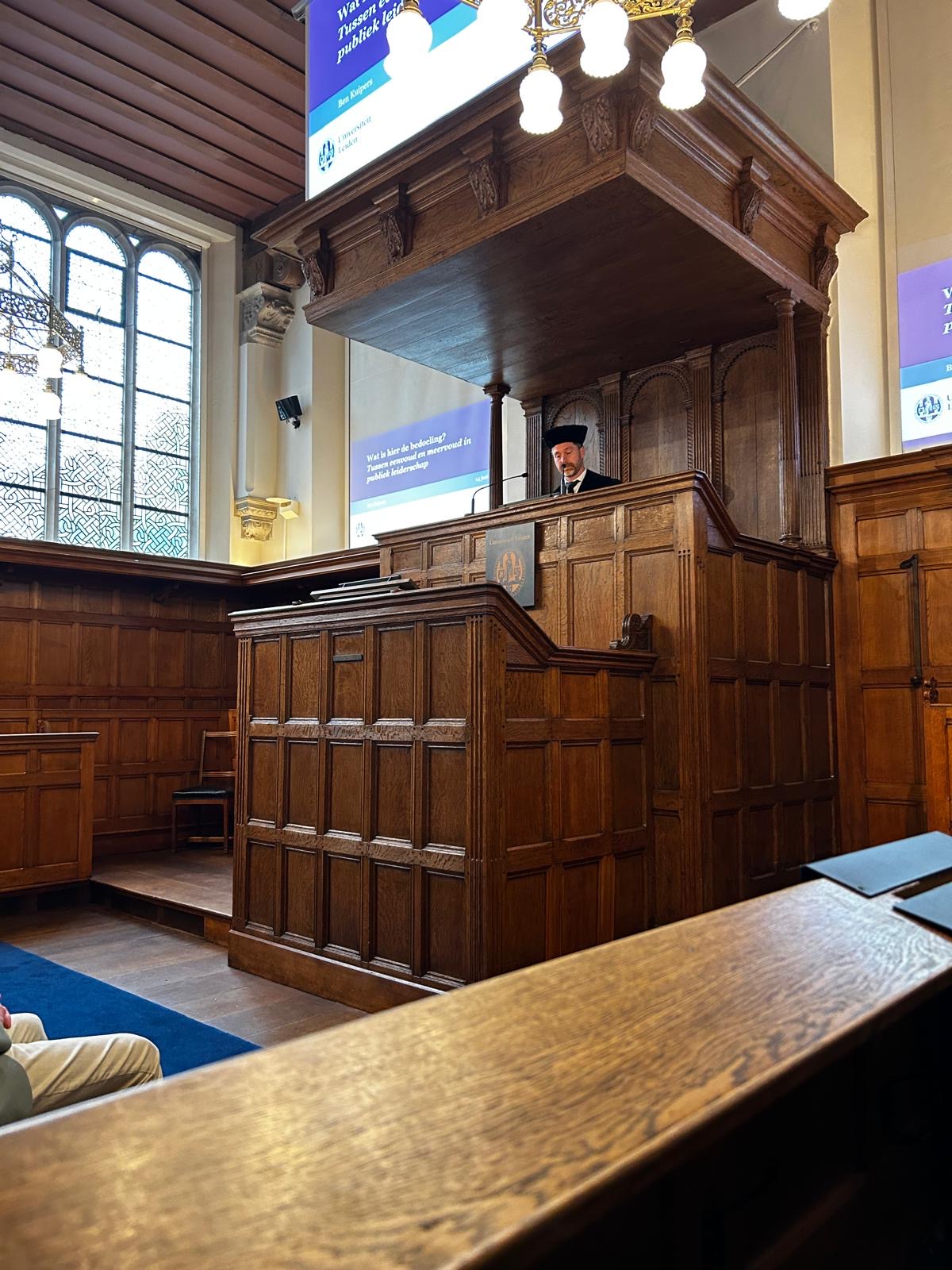
Public leadership in a wider perspective: ‘Leadership is for everyone’
The field of leadership suffers from ‘adjectivism’, says Professor Ben Kuipers. He immediately caveats this by saying that he too is going furnish the word leadership with an adjective: ‘Public’. But the goal here is to view leadership in a different light in his new role as Professor of Public Leadership.
Not all adjectives are bad after all: many great things have been published about adjective-plus-leadership. It is just that sticking a new adjective in front of the word leadership does not solve the problem. ‘Calling it sustainable leadership does not solve climate problems. The same is true with digital leadership and digitalisation. Slapping these kinds of labels on suggests there are simple solutions when there is anything but to the huge social changes that we face.’
This complexity is the different light in which he wishes to view public leadership. ‘We have to understand why social changes are so complex and why the different actors involved need to be part of the work to find a solution.’ By ‘we’ he means not only public administration experts, civil servants and politicians but also the rest of the Netherlands. ‘Being quick to apportion blame, rushing to solutions, demanding that the government enacts new laws to solve a problem or expecting new political leaders to solve migration issues: these are all elements of the behavioural pitfalls that get in our way.’
‘What fascinates me in organisations is that I have never met anyone who does not have a good story to tell about how they think things could be improved.’
Leadership did not particularly interest Kuipers to begin with, precisely because of that haste and the tendency to simplify everything. His work as an organisational developer changed that. ‘What fascinates me in organisations is that I have never met anyone who does not have a good story to tell about how they think things could be improved. But lots of people are a bit disenchanted about how much of a part they can play. That intersection is what interests me − definitely when applied to social challenges.’
Discussion in society
Kuipers defines public leadership as the process of influencing and facilitating others based on a common aim to achieve societal goals. This broad definition does not exclude anyone from leadership and it is this full breath that Kuipers wants to spend the next few years researching.
He believes that with complex issues all voices and perspectives should be heard. This also adds a lot of expertise to the equation. And not only should people in formal roles be involved but also people from outside, so the rest of society. But how do you reach these people? And how do you reach people in neighbourhoods or districts who can get people organised? What kind of leadership is required for that? How do you prevent organisations from hiding behind rules and not listening to what citizens want?
That is what public leadership is about, Kuipers will stress in his inaugural lecture, ‘Wat is hier de bedoeling? Tussen eenvoud en meervoud in publiek leiderschap’ (‘What is the aim here? Between simplicity and plurality in public leadership.’) There needs to be a discussion in society but how do you go about that without a hierarchical relationship? ‘Most studies are about that hierarchical relationship: about leaders and followers. How do leaders ensure their followers move in the right direction? Issues like that.’
Leaders and followers
Kuipers is going to explore these other expressions of leadership. So not only the hierarchical relationship between leaders and followers but also collaborative leadership across organisations. ‘Everyone exhibits leadership within their work environment. That’s something we want to look at more closely.’ Also interesting in that context, he adds, are networks and mutual leadership. This is also leadership, even though the partners are not in a hierarchical relationship. ‘A police leader is not automatically a leader when collaborating with the judiciary and justice department. How leadership as a process looks and takes shape in such collaborations is also the subject of our research.’
The importance of this research is unmistakable. ‘There is a clear realisation that we can no longer address multi-problem issues from a single organisation. Much is being initiated to address problems together.’ And that leadership is not only for those at the top but for everyone is something he sees in his work at Leiden Leadership Centre and in his teaching. ‘Students don’t just learn about leadership with us so they can use it later on. They also learn that they can use it now if they want to bring about change. They don’t have to wait until they are in a formal role later on.’
Text: Marijn Kramp
Furthering Public Leadership
The chair and the 'Furthering Public Leadership' programme are funded from a partnership between Ministry of Justice and Security with its subdivisions: Custodial Institutions Agency and the Immigration and Naturalisation Service, National Police, Social Insurance Bank, Municipality of The Hague, Municipality of Leiden, Dutch Senior Civil Service, and the Leiden Leadership Centre. Read more on this page.



